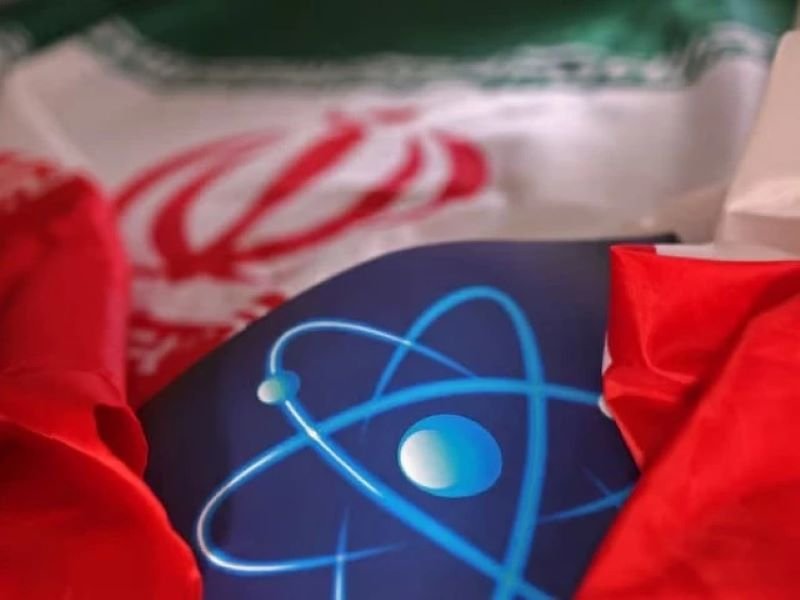United Nations (TDI): Britain, France and Germany have formally initiated a 30-day process to reimpose United Nations sanctions on Iran, accusing Tehran of violating the 2015 nuclear deal, according to a letter sent by the three countries, known as the E3, to the UN Security Council.
The move, which activates the so-called “snapback” mechanism, comes just two months after Israel and the United States carried out airstrikes on Iran’s nuclear facilities. The E3 warned that without action, they would lose their ability in mid-October to restore sanctions lifted under the landmark 2015 accord.
Diplomats said the decision followed several rounds of talks with Iran, including a final meeting in Geneva on Tuesday, which the Europeans concluded had failed to deliver “sufficiently tangible commitments.” In their letter, the E3 said, “We are committed to using every diplomatic tool available to ensure Iran never develops a nuclear weapon. That includes today’s decision to trigger the snapback mechanism. Our commitment to a diplomatic solution nonetheless remains steadfast,” Reuters reported.
The snapback process allows for the automatic restoration of UN sanctions, covering Iran’s financial, banking, energy and defense sectors, after a 30-day period, unless the Security Council votes otherwise.
Read More: Iran Presses E3 to Reconsider Sanctions Snapback Threat
A senior Iranian official condemned the move as “illegal and regrettable,” warning that Tehran could reconsider its membership in the Non-Proliferation Treaty (NPT). “This is an action against diplomacy, not a chance for it,” the official said, while adding that Iran would continue dialogue with the E3 but “will not concede under pressure.”
The Europeans had earlier offered to defer sanctions for up to six months if Iran resumed full UN inspections, including of its large stockpile of enriched uranium that has gone unverified since the June strikes, and engaged in direct talks with Washington.
Read More: Iran Will Not Yield to US Pressure: Khamenei
According to the International Atomic Energy Agency (IAEA), Iran has been enriching uranium up to 60% purity, close to weapons grade, and had accumulated enough material to potentially produce several nuclear weapons before the June 13 strikes by Israel. The watchdog says it cannot confirm that Iran’s program is entirely peaceful, but has found no evidence of an active, coordinated weapons effort.
The West maintains that Tehran’s nuclear advances exceed civilian energy needs, while Iran insists its program remains peaceful.



